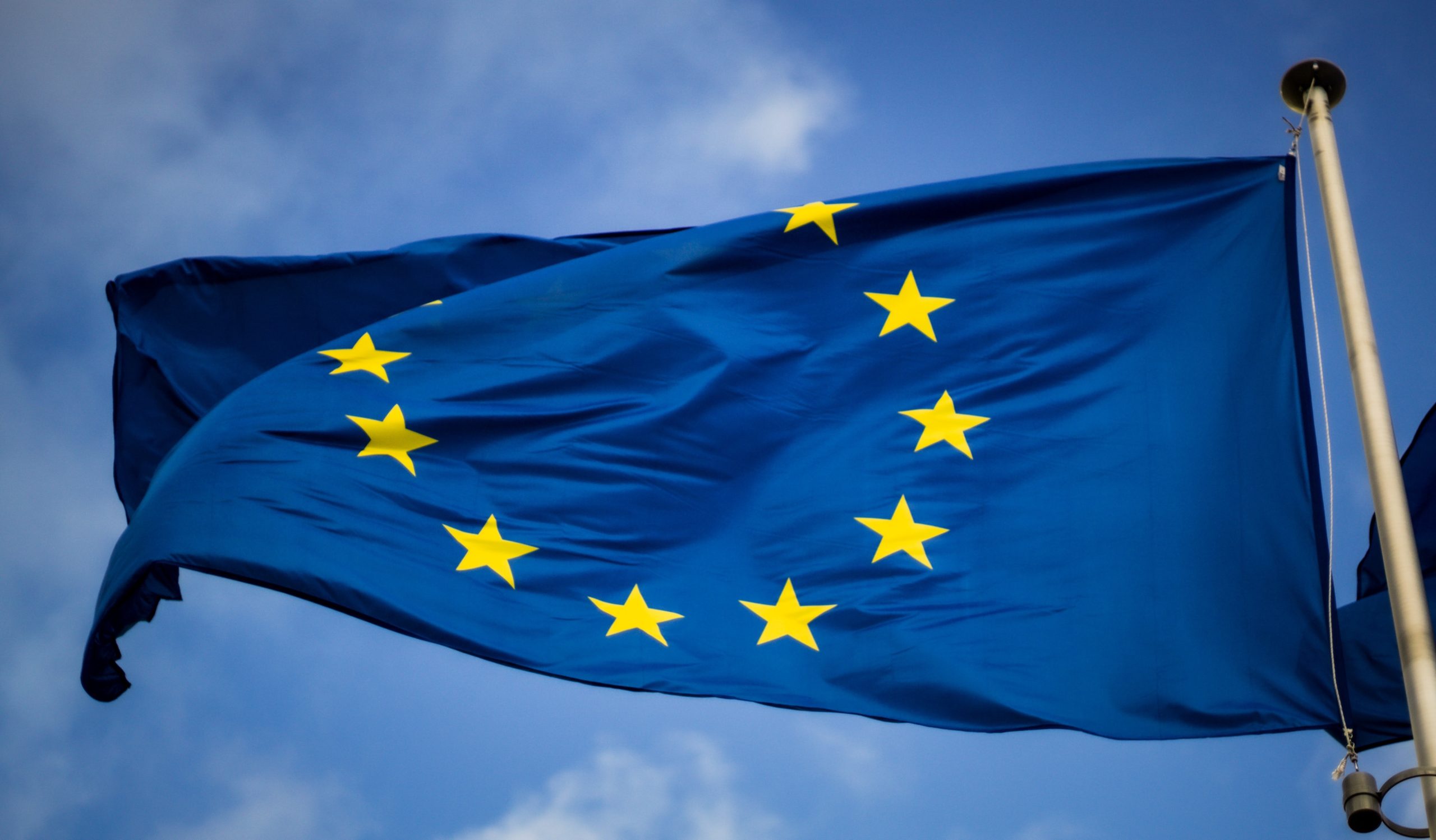Last 30th June another remarkable judgment on the matter of online gambling was delivered by the European Court of Justice. The case (C-212/08, Zeturf Ltd v. Premier ministre) involved a Maltese company offering gambling services via the Internet. Although Zeturf had been awarded a license to operate in Malta, it was prevented from providing betting services in France due to the local horseracing regulation allegedly in breach of European law. In particular, Zeturf argued that the French law, by granting a monopoly in favour of the PMU (Groupement d’Intérêt Économique Pari Mutuel Urbain) for the management of off-course betting on horseracing, restricted its freedom to provide services. Unlike the Portuguese law considered by the Court in the Liga Portuguesa case, the disputed legislation, having been enacted in 1997, did not draw any distinction between online and offline betting. The case began in 2005, when Zeturf asked for the repeal of the rules in question before a French court. As a consequence, the Conseil d’Etat requested the European Court of Justice to give a preliminary ruling on two questions.
At the outset, the Court recalled the key points of the preceding case law on the matter. First, it pointed out that States are free to determine the desired level of protection within their territory and to establish the most appropriate measures for pursuing objectives such as consumer protection and safeguarding of public order. Such measures, although they restrict the freedom to provide services, may nevertheless be justified to the extent they prove effective for the achievement of the objectives above. In the light of that, conferring the exclusive rights for the management of off-course horseracing betting to an entity subject to control by public authorities, as PMU is, could be a sound way to achieve the overriding general interests underlying the French policy on gambling. As the Court made clear in the Liga Portuguesa case, a monopoly does not automatically imply an unjustified breach of EU law. Rather, the problem becomes to ascertain whether the establishment of that monopoly is consistent with the domestic policy as well as proportionate to the objectives to be achieved. The Court of Justice then focused on two objectives at the root of the French legislation on horseracing betting. The prevention of fraud and money-laundering, Together with the safeguarding of public order and consumer protection could constitute a sound basis for measures affecting the freedom to provide services in the market for gambling. However, it is for the national court to determine whether these restrictions are effective and necessary to achieve the desired level of protection. On the contrary, the Court declined to consider contributing to rural development by the financing of horse breeding as being of overriding public interest: as the Court had pointed out in the long standing case Schindler, the financing of social activities must constitute only an incidental beneficial consequence and not the real justification for the restrictive policy adopted.
Having said that, the Court examined the characteristics of PMU. The Court recalled the hypocrisy test developed in its decisions (first in Gambelli), requiring that restrictions ON the freedom to provide services must serve to limit betting activities in a consistent and systematic manner; more in detail, as stated in the Markus Stoß and others case, the establishment of a monopoly must be accompanied by a legislative framework adequate for ensuring that the holder of the monopoly will in fact be able to pursue the objectives to be achieved by means of an offering that is quantitatively measured and qualitatively designed by reference to the said objectives and subject to strict control by the public authorities.
The Court reasoned that conflicts of interest could arise when an operator aims on one hand at maximizing its income and on the other at reducing gambling opportunities. Most notably, such a conflict could emerge with respect to a public or a non-profit-making operator. Similar issues were addressed by the Court of Justice in facing the problematic Italian legislation on betting services, which posed restrictions (by limiting the number of licenses issued by the Public Administration and excluding several foreign operators) seemingly intended to increase tax returns instead of actually limiting gambling opportunities. In the Court’s opinion, the holder of the monopoly is in a very favorable position to increase betting activities by organizing more events on which bets can be placed. Accordingly, it is for the national courts to evaluate whether the controls by public authorities over these operators are appropriate for achieving the objectives pursued by domestic legislation.
Further, the Court focused on another aspect connected to the assessment to be carried out by the national court. In addition to the above, the first question referred for preliminary ruling asked the court whether the pursuit of a dynamic commercial policy by the holder of the monopoly with respect to the organization of gambling activities has to be considered in compliance with the EU rules regarding the freedom to provide services. As the Court explained in Placanica, to constitute a valid alternative to illegal gambling, authorized operators must be reliable and, most important, attractive for consumers. Therefore, a controlled expansion in gambling, pursued by offering an extensive range of games, advertising the services on a certain scale and using new distribution techniques may nevertheless be consistent with the objectives underlying the restrictions posed by domestic legislation. Such a controlled expansion becomes in fact an essential condition for channeling consumers into controlled activities. Rather, it is for national courts to determine whether dynamic commercial policies pursued by holders of exclusive rights may be regarded as part of said controlled expansion in the sector or goes instead beyond what is necessary to this end. These assessments have to be carried out in the light of the particular features of each case.
Finally, the Court of Justice addressed the second question raised by the French court. The point at issue concerned whether the assessment of the prejudice to the freedom to provide services must be conducted with respect to the sole market of online betting rather than to the market of gambling (online and offline) as a whole. In the wake of its ruling in the Liga Portuguesa case, the Court pointed out that the characteristics of the Internet makes online transactions a source of greater risks in the area of consumer protection. However, the Internet has to be included among the various channels through which gambling services are provided. Since the French legislation at stake applied to both online and offline betting, in the absence of any distinction between traditional and new channels, the restrictions imposed on the freedom to provide services have to be assessed taking into account the entire sector concerned.
In conclusion, it can be said that also in this case the European Court of Justice found that the law at stake was not in direct violation of the fundamental principles of the European Union; however it is for the national court to evaluate whether it actually complies with the proportionality and suitability test. That is like saying “nothing new under the su



1 Comment
Pingback: IP Osgoode » European Court Of Justice And Online Gambling: Nothing New Under The Sun